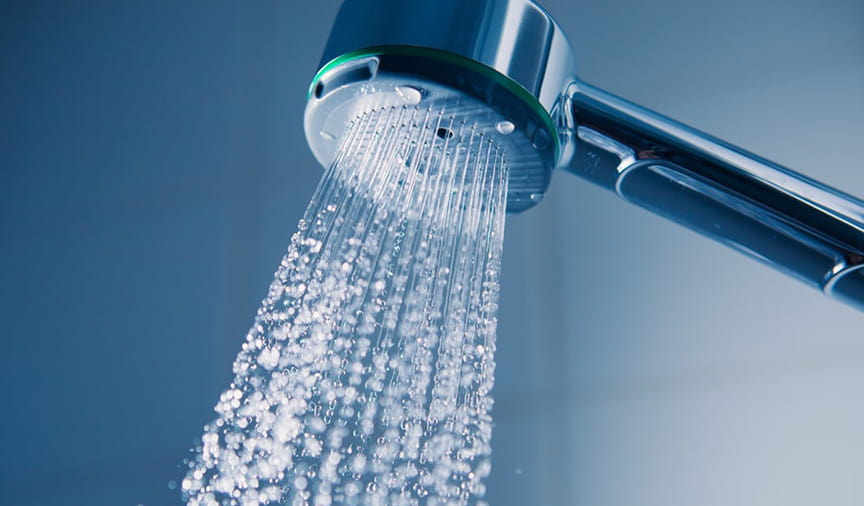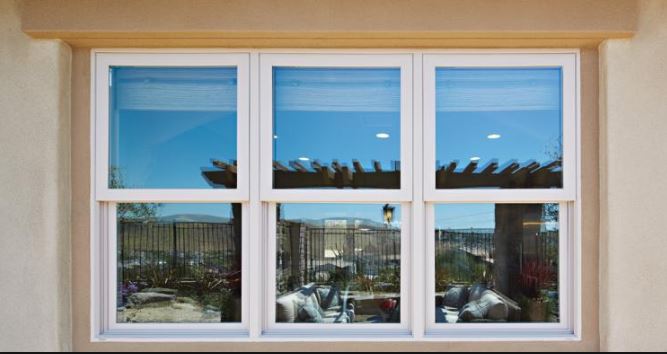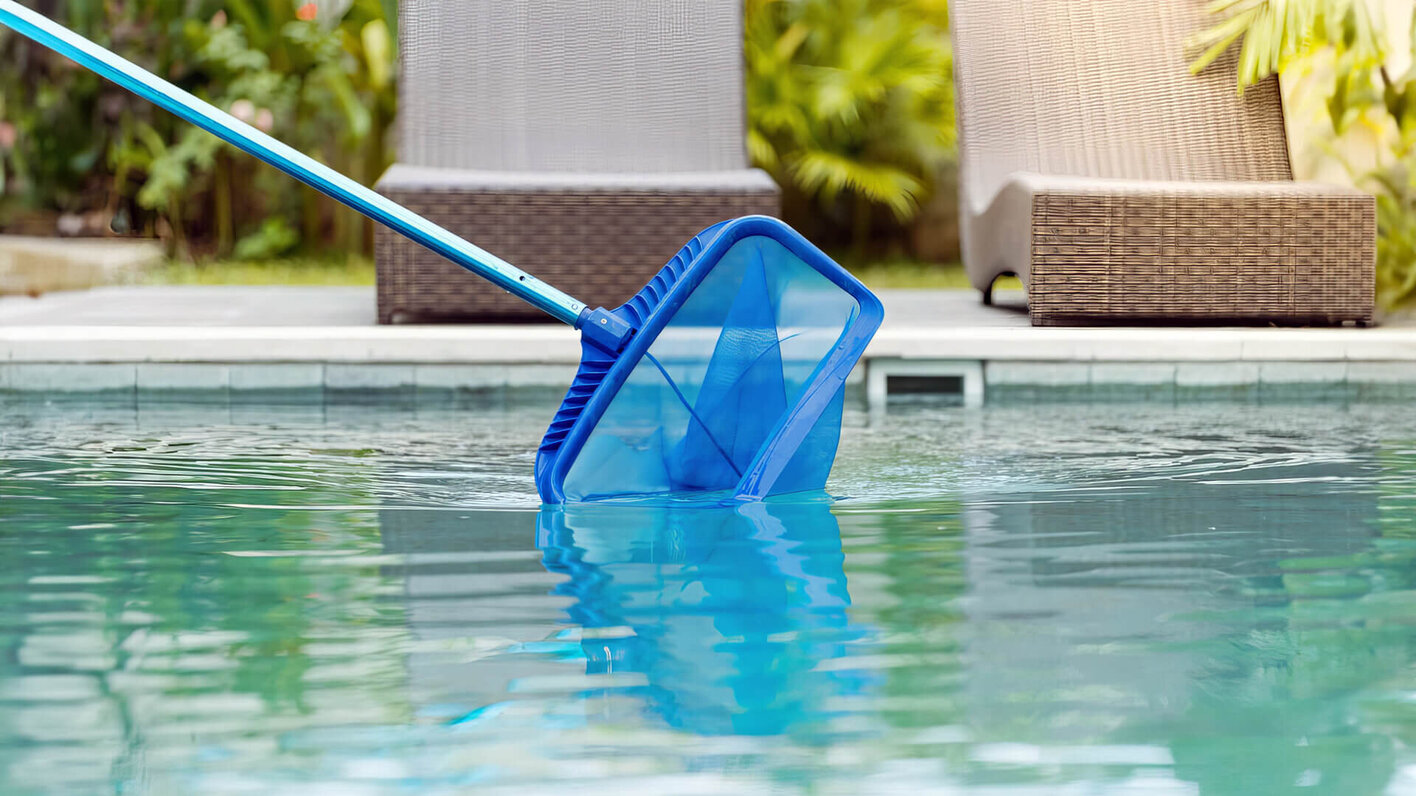The Difference Between a Shower Pump and an Electric Shower

If you’ve ever found yourself frustrated by low water pressure or inconsistent temperature in your shower, you may have considered upgrading to a better shower system. In such cases, many people turn to shower pumps or electric showers to improve their daily showering experience. Both options are designed to boost performance, but they work in very different ways. This article will explain the key differences between shower pumps and electric showers, helping you make an informed decision based on your needs and water system.
What is a Shower Pump?
Shower pumps are devices that are typically installed as part of your existing plumbing system to increase the flow of water, particularly in homes where the water pressure is low. They work by boosting the water flow from the tank or water heater to the showerhead. Shower pumps are particularly effective in homes with a gravity-fed system, where the water pressure may be insufficient for a powerful, consistent shower experience.
There are two main types of shower pumps: positive head and negative head. A positive head pump works by boosting the pressure in systems where the water tank is above the showerhead, while a negative head pump is used when the water tank is below the showerhead (such as in a low-lying tank system). Shower pumps can be installed in both traditional gravity-fed systems and pressurised systems, providing flexibility in different home setups.
What is an Electric Shower?
An electric shower, on the other hand, is an independent unit that heats the water on-demand through electrical heating elements. Unlike traditional showers, which rely on hot water stored in a tank, an electric shower heats cold water as it flows through the unit, meaning you never have to wait for the water to heat up. This makes electric showers a great option for homes without a large hot water tank or for those looking to avoid running out of hot water during a shower.
Electric showers are connected directly to the cold water supply and are equipped with built-in thermostats to control water temperature. This means you can set the temperature according to your preference, and the shower will keep it consistent throughout your shower.
Key Differences Between Shower Pumps and Electric Showers
- Water Heating Mechanism
- Shower Pumps: Shower pumps do not heat water. They only increase the pressure of the water already heated by your boiler or hot water tank.
- Electric Showers: Electric showers heat water on-demand as it flows through the unit, eliminating the need for a water tank. They provide hot water instantly without relying on a separate hot water system.
- Water Pressure Enhancement
- Shower Pumps: Shower pumps are specifically designed to increase water flow and pressure. They are ideal for homes with low water pressure, as they work to boost the flow from your existing plumbing system.
- Electric Showers: Electric showers do not increase water pressure; they are dependent on the incoming water pressure. If you already have low pressure in your system, an electric shower may not provide the best performance.
- Installation Requirements
- Shower Pumps: Installing a shower pump typically requires more work, as it needs to be integrated into the existing plumbing system. It also requires a constant flow of hot water from your water tank or boiler. Depending on your system, installation might require a professional plumber.
- Electric Showers: Electric showers are relatively easy to install and can be mounted on the wall, connected to the cold water supply, and plugged into the electrical system. However, it may require an upgrade to your electrical system if the existing wiring is not sufficient to handle the load.
- Running Costs
- Shower Pumps: Shower pumps consume electricity to run the motor that increases the water pressure. While they are generally energy-efficient, they do require some ongoing electricity to function.
- Electric Showers: Electric showers can be more energy-efficient than traditional water heating systems since they heat water instantly and only when needed. However, their efficiency depends on the power of the unit and the duration of the shower.
- Suitability for Different Water Systems
- Shower Pumps: Shower pumps are generally used in homes with gravity-fed systems, where the pressure needs to be boosted. They are not suitable for combi boiler systems, which already provide pressurised water.
- Electric Showers: Electric showers work well in any home, whether you have a gravity-fed or pressurised system, as they don’t rely on the pressure from your plumbing system to heat the water.
Which Option Is Right for You?
Choosing between a shower pump and an electric shower depends largely on your home’s water system and your specific needs. If you’re looking to improve water pressure and you already have a hot water tank, a shower pump might be the right choice. It’s a great way to boost flow and ensure you have a powerful shower experience, especially if you have a low-pressure system.
On the other hand, if you’re in a home that doesn’t have a hot water tank or you want the convenience of heating water on-demand, an electric shower is a great option. It’s ideal for small homes, apartments, or properties that struggle with hot water availability.
Conclusion
Both shower pumps and electric showers can improve your showering experience, but they serve different purposes and are suited to different setups. If you’re unsure which option is best for your home, it’s always a good idea to consult a professional to assess your needs. For expert advice and quality products, we recommend Plumb HQ as your go-to supplier for all things related to shower installations and upgrades.





